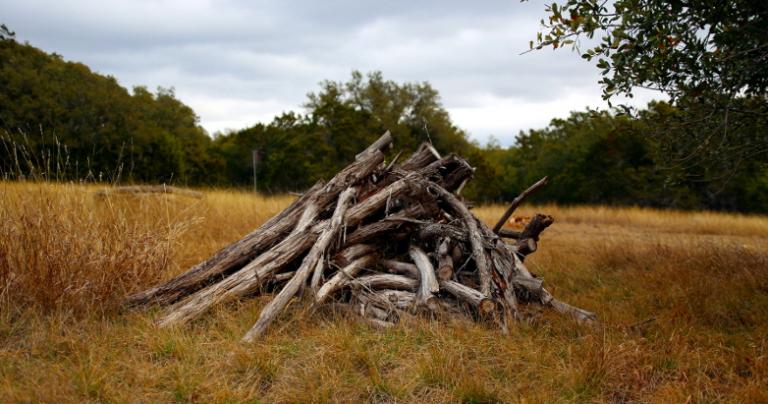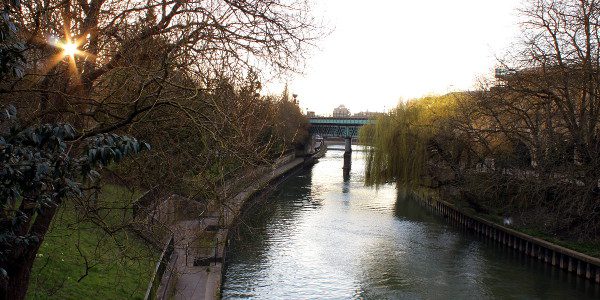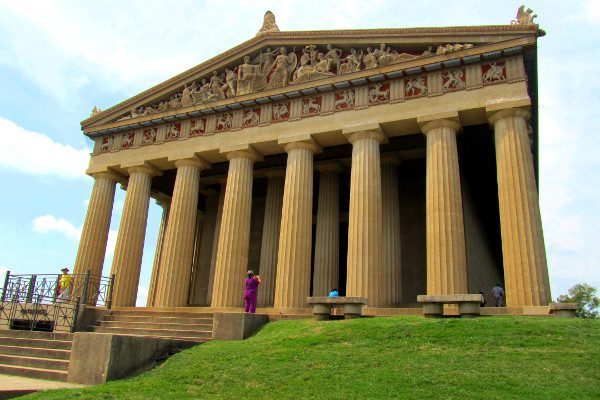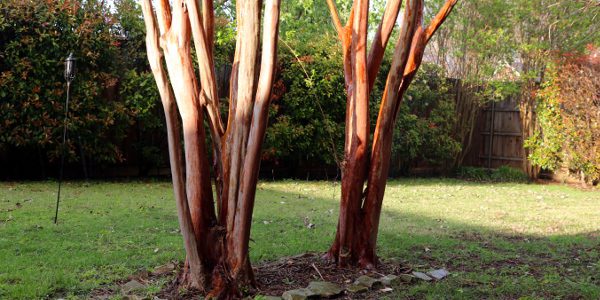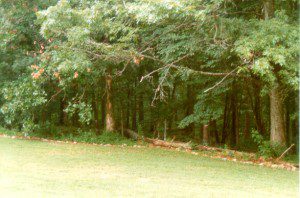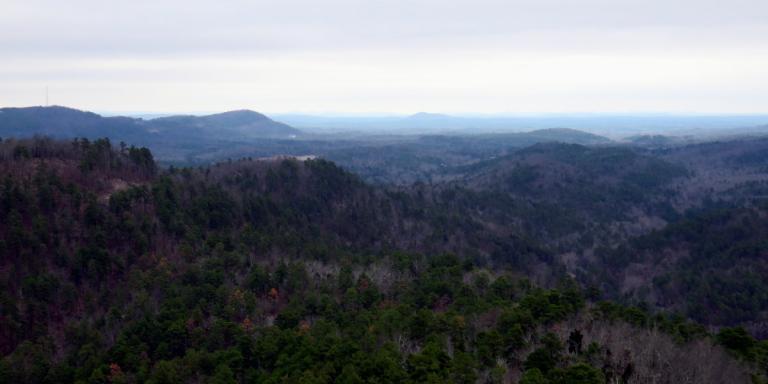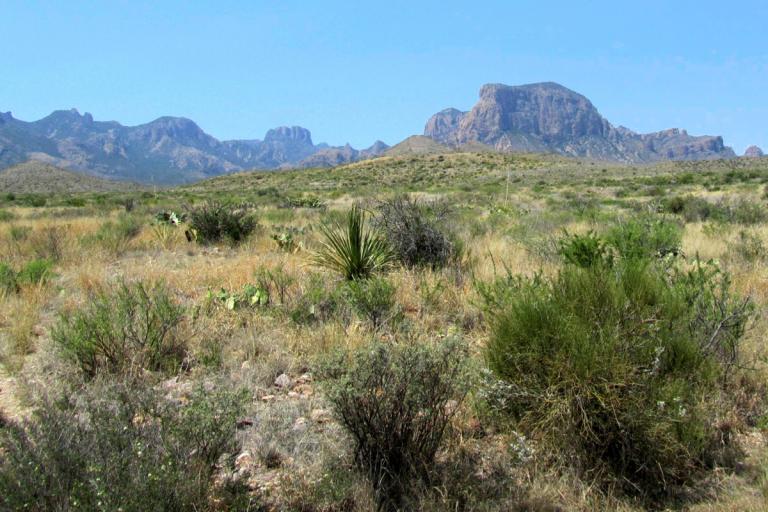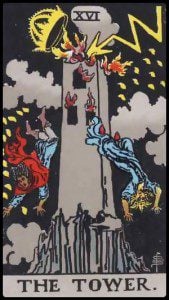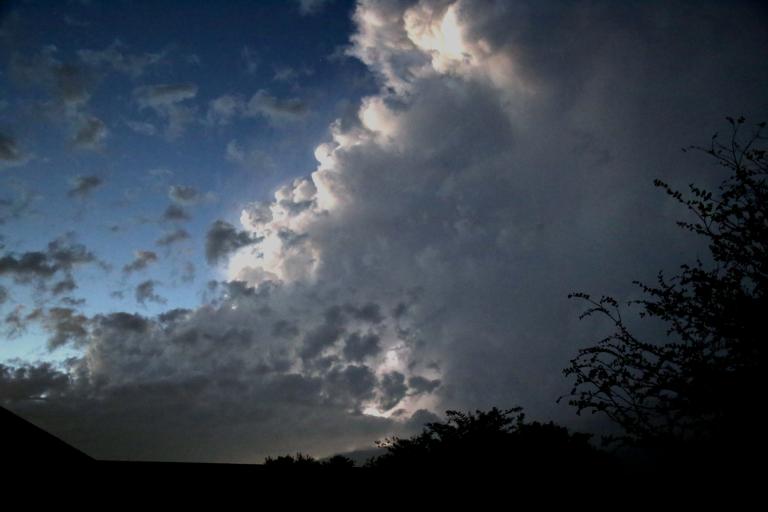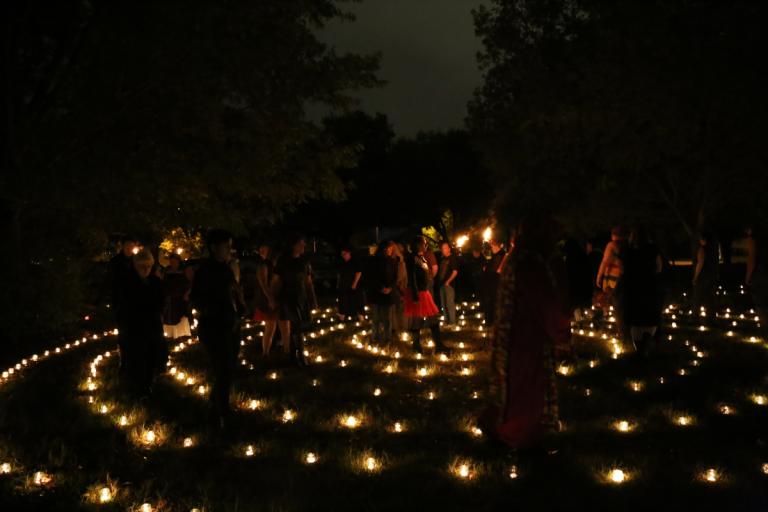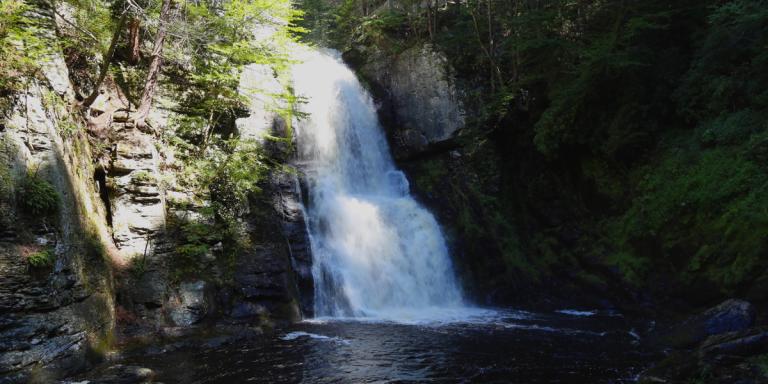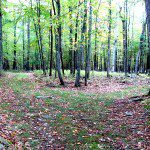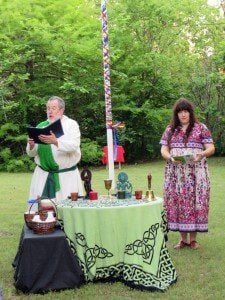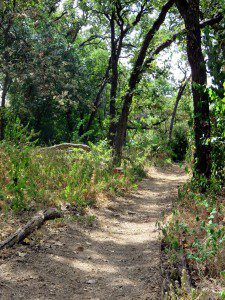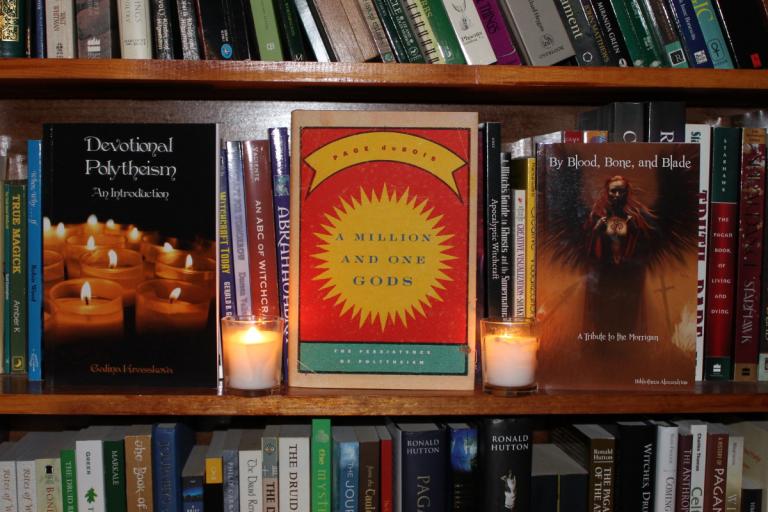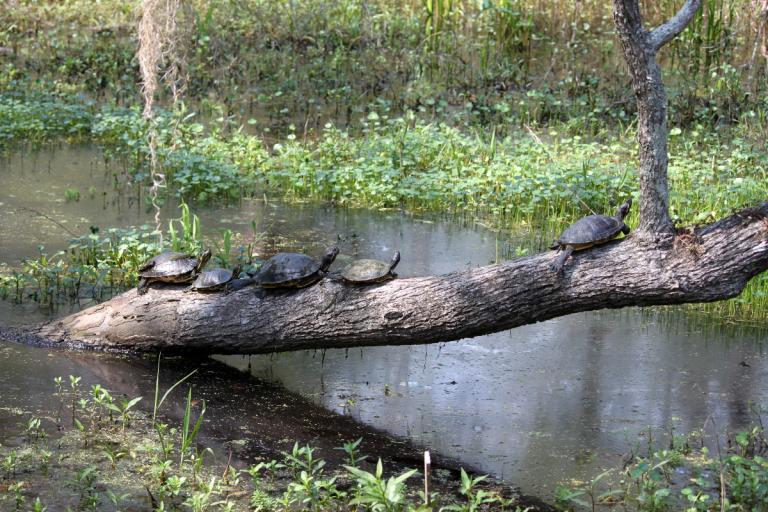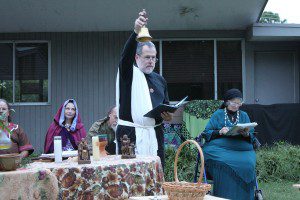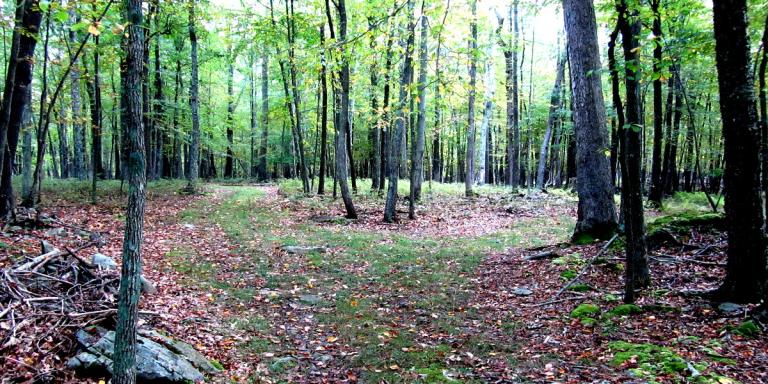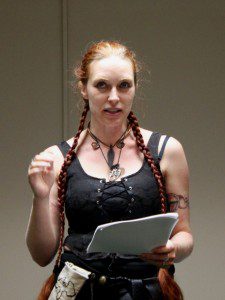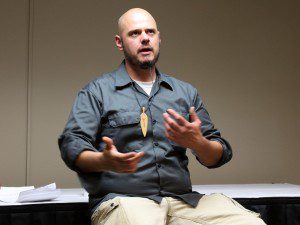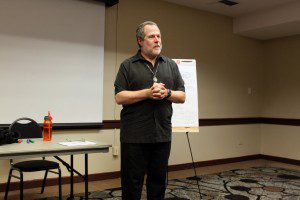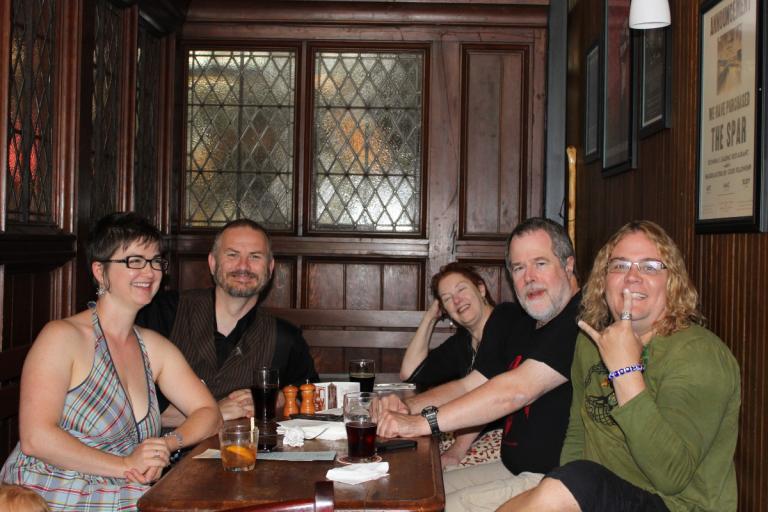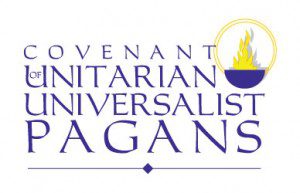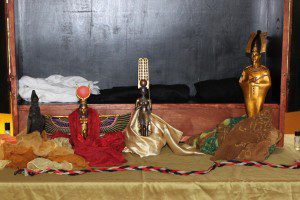Very few of us grew up Pagan. Most of us converted from another religion. While we’re starting to see more second generation (and a few third generation) Pagans, the vast majority of people coming into Paganism are coming from some other religion – as did most of us.
Unlike the conservative forms of Christianity and Islam, Paganism does not claim to be the One True Religion. We are open to everyone – you need not have the “right” bloodlines or skills, and while you can’t believe anything and be a Pagan, there is no orthodoxy to which you must swear allegiance. We don’t even claim to be the best religion for everyone. Many different people come into Paganism for many different reasons.
That doesn’t mean all of them are good reasons.
Some people come into Paganism for bad reasons. In doing so, they set themselves up for disappointment, and they distract our movement from its higher goals.
1. For power
I’ll admit it: I always wanted to be a witch. Who wouldn’t want to be able to cast spells, summon spirits, and curse your enemies? In the words of Peter Grey, “witchcraft is the recourse of the dispossessed, the powerless, the hungry and the abused.” A lot of people are feeling powerless and abused, and so they’re turning to witchcraft.
Witchcraft and other magical practices will provide tools and techniques for navigating difficult times and I recommend you learn some of them. But magic is a probability enhancer – it is no substitute for ordinary effort. And magic is one aspect of Pagan religion, not its core. Worshipping the Gods, honoring our ancestors, caring for Nature, and building and maintaining reciprocal relationships with other persons (human and non-human) are the centers of Paganism.
If you become a Pagan because you think you will become powerful, you will be disappointed.
Instead: If you find yourself lusting after power, seek virtues instead. Practice hospitality and reciprocity, and find power in community. Cultivate integrity, and find power in truth. Practice perseverance, and find the power within yourself.
2. For secret knowledge
Much of Paganism is still considered part of the occult – “occult” meaning “hidden.” Some teaching is presented through initiation and other secret ceremonies. Some information is oath-bound, with members promising to never reveal it except to a “proper person, properly prepared.” Surely all this secrecy is hiding deep dark knowledge that will change your life, right?
It very well may change your life, but if you expect to find the secrets of the universe you’re going to be disappointed. Some oath-bound material is kept secret to allow for progressive learning: you need to master the first degree before you begin the second degree. Initiations are kept secret so each candidate can experience them fresh and clean for themselves. Sacred mysteries are guarded from those who would profane them. And an agreement that what happens in the circle stays in the circle allows everyone to be open and vulnerable without fear that stories and pictures will be circulated amongst people who would ridicule them out of misunderstanding.
In this era of Amazon and the internet, there are no occult secrets. There are only ineffable mysteries. I could tell you every oath-bound secret I know and it would mean nothing to you without the experiences to put it into context.
Instead: Read and study. Too much knowledge is secret not because it’s hidden but because it’s ignored. Read the stories of our ancestors. Read the works of the founders of your Pagan path. Read mundane history and science.
And meditate. Explore the secrets of your mind and your personality. Dig deep and learn who you really are, what you value, what you want – and what you don’t. No one can tell you this – you have to find it on your own.
3. For a direct line to the ancients
Most of Paganism has moved on from the errors of Margaret Murray and Gerald Gardner. The victims of the witch trials weren’t practicing the remnants of an ancient Goddess religion. There was some survival of magic in both folk practice and in high magic, but they were all subsumed within the Christian overculture.
We know all this. But I still find people who think – or at least, act like – being a Pagan will enable them to become a Viking, a medieval alchemist, or a pre-civilization hunter-gatherer.
We don’t have to like the modern world, but we do have to live in it. Our Pagan religions need to be aligned with the world as we experience it today, not as it was – or as we wish it was – thousands of years ago.
Instead: Begin a practice of ancestral devotion. Learn who your ancestors were, whether they were ancestors of blood or ancestors of spirit. You may not be able to find individuals, but you can find tribes and nations – enough to learn how they lived and what was important to them. Honor them – because they lived, you are.
4. For free sex
Yes, Paganism is a sex-positive religion. Yes, “all acts of love and pleasure are My rituals.” But it’s a long way from “sex is beautiful and should be free of shame and guilt” to “everyone should have more sex (with me).”
Modern Paganism is in part a reaction to the repression of Christianity and the Anglo-American culture of the mid-20th century. Paganism’s celebration of sexuality and the body (including sky-clad rituals) was embraced by the counterculture of the 1960s and that current still runs through much of the modern Pagan movement.
That has been both helpful and harmful. It liberated some and gave cover for others who just wanted to pressure others into sex they didn’t want to have. And it put an emphasis on gender-binary, heteronormative sex that both distracted from other matters and excluded gay, lesbian, bisexual, transgender, and asexual Pagans.
Instead: Work to build a culture of consent, where sex is neither repressed nor trivialized, and where our commitment to respect each person’s sexual autonomy is greater than our desire to have sex with them.
5. For personal validation
Every person possesses inherent dignity and worth, and at a minimum we owe them basic human compassion and respect. Our wider society’s failure to do this creates problems for many people, particularly those who don’t conform to mainstream norms. As followers of a religion that is still misunderstood and at times attacked, we of all people should do better.
But I see too many people come into Paganism expecting that it’s going to be all about their particular interests or identity. Some have a limited understanding of Paganism and expect everyone to share their passion for herb lore, ceremonial magic, or environmentalism. They don’t realize just how big the Big Tent of Paganism really is.
Others are hurting and think Paganism can fix their problems. Some expect magic to do things magic can’t do, while others expect teachers and groups to cater to their specific needs. Both are recipes for disappointment.
Instead: If you need mental health care, find a mental health professional. If you need to get your life in order, make a list and start making necessary changes. Magic and other spiritual practices can help, but they’re no substitute for mundane effort.
If you have a specific interest within Paganism, look for a path or a group that shares that interest. There are Pagans who focus on virtually every aspect of religion, politics, society, magic, and personal development. You probably won’t find a local group within walking distance, but you can find virtual groups from anywhere.



